5 Compliance Mistakes Banks Can’t Afford to Make in 2025 (And How to Fix Them Fast)
In the highly regulated world of banking, compliance isn’t just about checking boxes—it’s about protecting your institution from fines, audit failures, and reputational damage. Yet, despite the best intentions, many banks continue to fall into common compliance traps—especially when it comes to managing unclaimed safe deposit box contents.
Here are five mistakes we often see—and how to correct them with modern solutions:
The Problem: Spreadsheets and paper logs were never built for long-term tracking. They’re prone to data loss, human error, and poor visibility—especially in institutions with multiple branches or vaults.
The Fix: Automate the process. SafeChief provides a cloud-based system with real-time tracking, tamper-evident recording, and a complete audit trail, reducing risk from day one.
Mistake 2: Poor Chain-of-Custody Documentation
The Problem: When the contents of a safe deposit box are accessed, moved, or stored, every step must be documented. Without proper tracking, you risk non-compliance and legal liability.
The Fix: SafeChief automatically logs each transfer, storage event, and action taken—ensuring a secure, verifiable chain of custody for every item.
Mistake 3: Inconsistent Compliance Across Branches
The Problem: When procedures vary from one branch to another, it leads to inconsistency in records, reporting, and risk handling—especially in multi-location banks and credit unions.
The Fix: SafeChief enforces standardized processes across all locations with centralized oversight, ensuring every action is recorded and compliant regardless of where it happens.
Mistake 4: Missing Due Diligence Notifications
The Problem: Failing to notify owners, or sending outdated notices, is a common audit flag. Many banks struggle to keep track of when follow-ups are due—especially over the 7-year compliance window.
The Fix: Built-in notification systems in SafeChief track due diligence timelines and send automated alerts—making sure nothing slips through the cracks.
Mistake 5: Not Being Audit-Ready at All Times
The Problem: Scrambling for documents when regulators arrive is risky. Incomplete logs or missing reports are red flags that can result in fines or enforcement action.
The Fix: With SafeChief, audit-ready reports are available on demand, with complete history, timestamps, and user activity logs—all exportable in a click.
Conclusion
Compliance mistakes are rarely intentional—but the consequences can be significant. By modernizing how your institution handles unclaimed property, you can mitigate risk, reduce overhead, and stay ahead of regulations.
Ready to close your compliance gaps?
Book a Demo to see how SafeChief keeps your institution protected and audit-ready—every step of the way.

